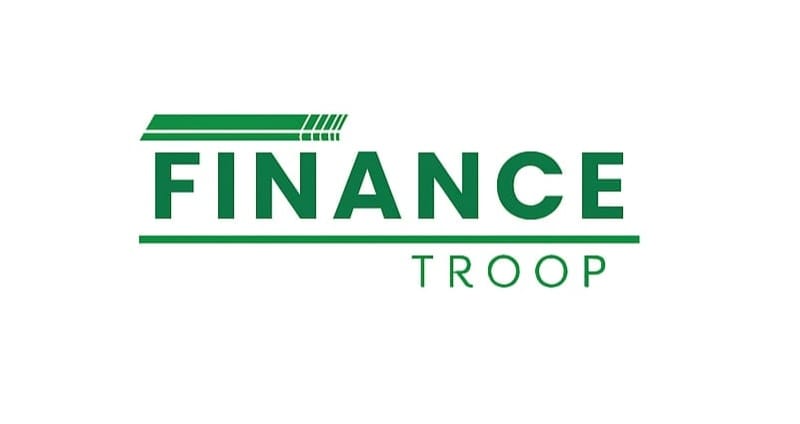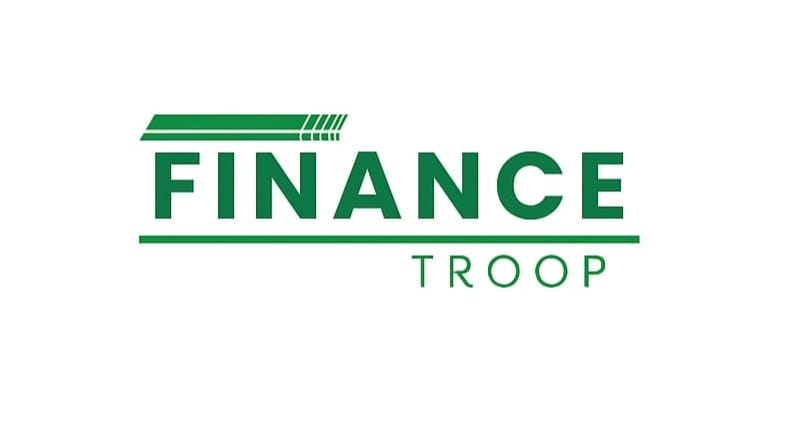Your CIBIL score is one of the first things banks or financial institutions check when you apply for a loan or credit card. Whether you’re applying for a small EMI loan or a ₹50 lakh home loan, this three-digit number heavily influences your loan approval chances in India.
In 2025, lenders have become even more careful about your credit profile — especially with rising digital lending activity. So if you’re planning to take a loan this year, understanding your CIBIL score requirements is more important than ever.
Let’s break it all down in simple terms.
What is a CIBIL Score?
CIBIL stands for Credit Information Bureau (India) Limited. It’s India’s most commonly used credit rating system, ranging between 300 and 900.
A higher CIBIL score shows that you’ve handled past credit responsibly — paid EMIs on time, kept credit card usage low, and have not defaulted. Usually, a CIBIL score above 750 is considered excellent.
Lenders use this score to calculate how “safe” it is to give you a loan. The higher the score, the better your chances — and the lower your interest rate.
What Is the Minimum CIBIL Score for Loan Approval?
Every loan type in India has different minimum score preferences. While 750+ is the golden zone, banks often approve loans starting from 700, especially if your income and job profile are strong.
However, if your score is below 650, most major banks may reject your application or charge very high interest. Some NBFCs may still lend to you, but only under risky terms. For individuals with no credit history, many lenders now offer secured options like fixed deposit-based credit cards to help them build a score.
Minimum CIBIL Scores for Different Loans (2025)
Here’s an easy comparison of minimum recommended credit scores for each major loan type:
Loan Type | Recommended CIBIL Score |
Personal Loan | 700+ (preferably 750+) |
Home Loan | 720+ |
Car Loan | 700+ (some approve 650+) |
Credit Card | 750+ (entry-level: 700 OK) |
Business Loan | 700+ |
Two-Wheeler Loan | 650+ |
Do All Banks Have the Same CIBIL Score Requirement?
No — different banks use different risk models.
For example, SBI may approve applicants with moderate scores if they are government employees. On the other hand, private sector banks like ICICI, HDFC, and Axis tend to prefer scores in the 725–750+ range.
NBFCs — like Bajaj Finserv or KreditBee — are more flexible with lower scores (even 600–650), but they charge higher processing fees and interest rates, which increases your overall loan expense.
Also, remember: salary, age, existing EMIs, and income stability are checked alongside CIBIL score. A high score doesn’t guarantee loan approval if your overall profile is weak
Can You Get a Loan Below 700 CIBIL Score?
Yes, loan approval is still possible, but it won’t be easy. You may:
- Get a small loan amount only
- Face higher interest or a co-guarantor requirement
- Need to show strong income proof and job continuity
- Qualify through a less strict NBFC, not a traditional bank
In such cases, it’s recommended to apply only if necessary, and work on rebuilding your score in the meantime.
How to Improve Your CIBIL Score in 2025
Improving your score is not magic — it takes consistent effort over a few months. Start by:
Paying all EMIs and credit card bills on or before the due date
Using less than 30% of your credit limit
Avoiding multiple loan applications in a short time
Keeping old credit accounts active (don’t close your oldest card)
Regularly checking your report at www.cibil.com
Also, if you find errors in your credit report, raise a dispute to have them corrected. Inaccurate loan defaults or wrong data entries can negatively impact your score.
Conclusion
Your CIBIL score is a financial passport — and it’s the single easiest way to prove you’re a responsible borrower.
Want quick loan approvals? Keep your score 750+
Want lower interest rates? Good credit behavior pays off
Got rejected? Start improving now — it’s never too late
Before applying for any big loan or credit product in 2025, always check your CIBIL score, and ensure the rest of your financial profile (income, employment, EMI load) is in place.
Frequently Asked Questions (FAQ)
1. What is the minimum CIBIL score required for loan approval in India (2025)?
In 2025, the minimum CIBIL score for loan approval in India varies by bank and loan type. Generally:
- 750+ is considered excellent with high approval chances
- Some NBFCs and fintechs accept scores as low as 650, especially for personal or consumer loans
However, banks always evaluate your income, repayment history, and credit utilization in addition to your score.
2. Can I get a personal loan with a 650 CIBIL score in 2025?
Yes, you can. In 2025, certain lenders like IDFC First Bank, Bajaj Finserv, and other NBFCs approve loans for applicants with a CIBIL score of 650–699, especially with a stable income or co-applicant.
However, interest rates may be slightly higher, and approval may require additional verifications.
3. Is 750 a good CIBIL score for home loan approval in India?
Absolutely. A score of 750 or higher is considered excellent for home loans and qualifies you for:
- Lower interest rates
- Faster loan approval
- Higher sanctioned amounts
Banks like SBI, HDFC, and ICICI often prioritize borrowers with scores over 750 in 2025.
4. What is the ideal CIBIL score for a car loan in 2025?
The ideal CIBIL score for car loan approval is 700 or above. While banks like Axis Bank and Kotak Mahindra prefer higher scores, many NBFCs approve loans with scores as low as 650, especially if the loan is secured by the vehicle itself.
5. Can I get a loan if I have no CIBIL score (NA/NH) in 2025?
Yes. If you have no credit history (NA/NH), banks may still approve:
- Secured loans (against gold, FDs, property)
- Low-limit entry credit cards
Fintech lenders like MoneyTap, Slice, and PaySense also offer small-ticket loans to those building a credit profile in 2025.
6. Does checking my CIBIL score reduce it?
No. When you check your credit score (called a soft inquiry), it does NOT affect your score.
Only hard inquiries made by banks/lenders during a formal loan application can impact your score slightly if done frequently.
7. How can I improve my CIBIL score fast in 2025?
Top 5 proven methods are:
- Pay EMIs and credit card bills on or before the due date
- Maintain a credit utilization ratio below 30%
- Don’t apply for multiple loans at once
- Keep old credit cards active for a strong credit history
- Monitor and fix discrepancies via the CIBIL dispute portal
Improvement usually starts showing within 60–90 days.
8. Which bank has the lowest CIBIL score requirement in 2025?
In 2025, many NBFCs and digital lenders are more flexible than traditional banks.
Some options with lower requirements include:
Bajaj Finserv: 650+
KreditBee or EarlySalary: 630–650
Tata Capital: 620+ depending on profile
Traditional banks like SBI or HDFC usually prefer scores above 720–750.
9. What is the average CIBIL score of Indian borrowers in 2025?
According to the TransUnion CIBIL & RBI Report 2024, the average credit score of borrowers approved for loans in India rose to 761 in 2024, indicating improved repayment discipline and credit education.
This trend is expected to continue in 2025, with digital credit scoring and alternative data helping more Indians gain access to formal credit.
10. How often should I check my CIBIL score?
You should check your credit report once every 3–6 months, or before any loan application.
RBI mandates CIBIL and other credit bureaus to give one free report per year, which you can access via:
- cibil.com
- experian.in
- equifax.co.in
- crifhighmark.com
Click here to information: Road Accident Death Claim Amount in India (2025) – Compensation, Process & Legal Rights




